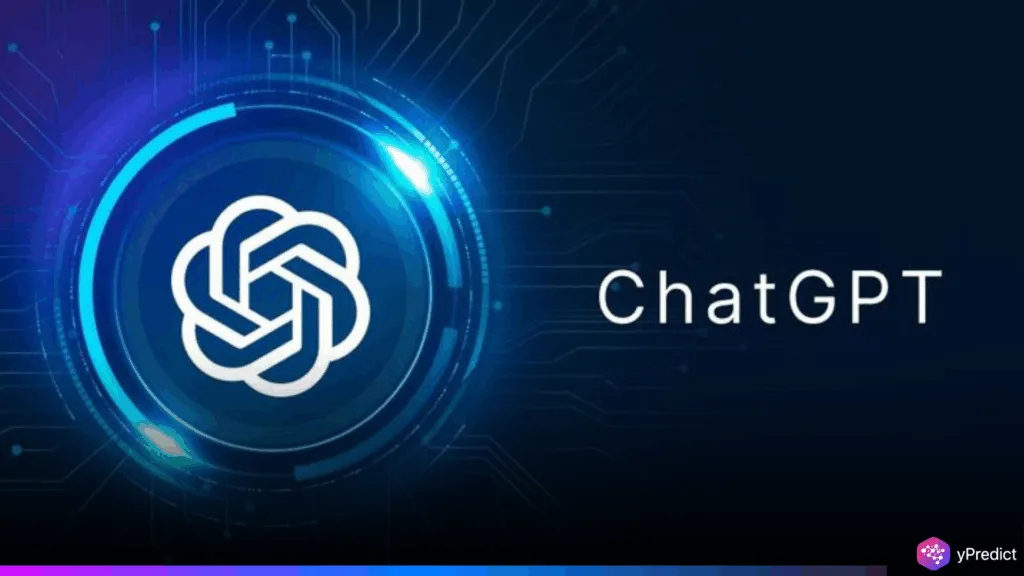
OpenAI, co-founded by Sam Altman and Elon Musk in 2015, aimed to transform ChatGPT into an AI super assistant by the first half of 2025. This bold plan was uncovered through internal documents revealed in Google’s antitrust trial. The assistant is expected to handle both simple and complicated tasks, such as writing code and sending emails. Additionally, the documents show how OpenAI is focusing more on infrastructure, integration, and emotional intelligence.
The AI Super Assistant That Simplifies Your Day
OpenAI’s internal document titled ChatGPT: H1 2025 Strategy outlines its mission to evolve ChatGPT into an AI super assistant. From scheduling vacations and managing calendars to locating attorneys or creating presentations, it will manage a variety of tasks. The goal of this update was to combine extensive personalization with overall utility into a single platform.
This assistant is intended to be a T-shaped tool, in contrast to typical chatbots, with broad capabilities for everyday tasks. Additionally, it places a strong emphasis on specific needs, such as coding or data management. According to the document, recent developments in AI models have enabled ChatGPT to perform such complex, agentic tasks with reliability. Moreover, the assistant will work seamlessly across devices to be helpful at home, at work, or on the go.
What Powers the Heart of OpenAI’s Strategy?
The OpenAI strategy stresses the need for dedicated hardware integration to deliver on this vision. Sam Altman recently described ChatGPT as a “life advisor,” especially popular among younger users. The objective is to develop a companion rather than merely a tool.
Legal discovery showed that regulatory advocacy is another aspect of OpenAI’s strategy. OpenAI wants tech platforms to allow users to select ChatGPT as their default assistant as the competition for chatbots grows. As competitors such as Meta AI and Google’s Gemini expand rapidly. For example, Meta AI has already reached one billion users through WhatsApp and Instagram.
Despite its lead, OpenAI admits the race is far from over. A significant challenge is scaling, as additional data centers are required to fulfill usage demands. However, the company believes it has an edge because of its extensive research, computational advantage, and fast product culture. Additionally, the business stays away from advertisements, allowing it to innovate without being constrained by the market.
AI Super Assistant Faces a Fast-Changing Market
The OpenAI strategy recognizes strong competition but emphasizes that growth may slow if infrastructure gaps aren’t addressed. ChatGPT’s ability to serve as an AI super assistant depends heavily on robust, scalable backend systems. That’s why OpenAI is prioritizing infrastructure development.
In the broader market, chatbot competition continues to intensify. Google’s Gemini may soon be available on Apple as a Siri option, and Meta is still promoting AI through its social media apps. In the meantime, Anthropic and Amazon are developing their AI strategies. Anthropic’s focus on security and Amazon’s ZeroOne team’s introduction of innovative devices.
OpenAI is relying on innovation to maintain its lead. It is making significant investments in processing power, retaining flexibility in its development approach, and employing top talent. The company believes that despite internal and external challenges, its multimodal AI lead and product culture will help it stay competitive.
Will OpenAI Win the AI Race?
OpenAI’s vision for an AI super assistant is a rethinking of human-machine interaction. As competitors close in and infrastructure demands increase, the path ahead becomes more complicated. However, OpenAI’s clear vision and bold leadership put it in a strong position to shape the future of digital assistance.






